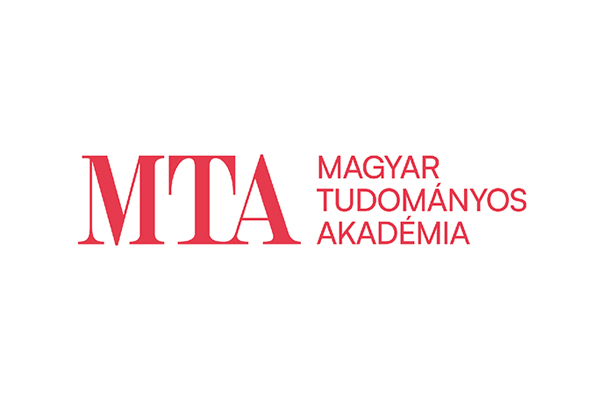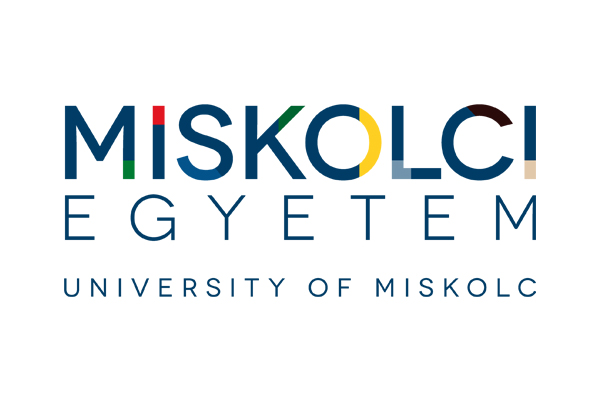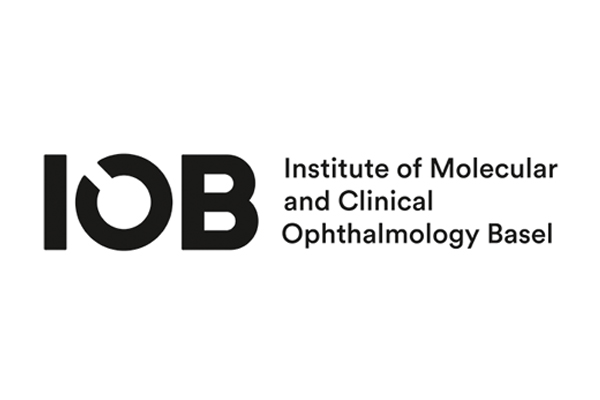med. habil. dr. Loránd György Erőss PhD
Med. habil. Dr. Loránd Erőss PhD is a neurosurgeon, pain therapist, neurologist, and Chief Physician of the National Institute of Mental, Neurological and Neurosurgery.
He is an Associate Professor at Semmelweis University, Professor at the Faculty of Information Technology of Pázmány Péter Catholic University, Head of the Department of Neurosurgery, Department Unit of Functional Neurosurgery at Semmelweis University.
After graduating from the Piarist High School in Budapest in 1983, he completed his studies at the Faculty of Medicine of the Semmelweis University of Medicine in Budapest, where he obtained his general medical degree in 1990. He qualified as a neurologist in 1995 and as a neurosurgeon in 2000. In 2007, he was one of the first in the country to pass the International Examination for Interventional Pain Therapists (FIPP). In 2010, he obtained a PhD in clinical neurosciences. In 2019, he habilitated in epilepsy surgery at Semmelweis University. Also in 2019, he graduated from the Harvard Medical and Business School’s School of Healthcare Management.
He started his medical career in 1991 in Budapest, at the Department of Neurology and Neurosurgery of the Central Railway (MÁV) Hospital. In 2004, as an adjunct professor at the National Institute of Neurosurgical Sciences, he started the Institute’s functional neurosurgery program, with modalities that were not previously present at the Institute, such as invasive analgesia, neuromodulatory surgery for movement disorders, and full neurosurgical care of spasticity. Since 2010, he has been a Senior Consultant at the National Institute of Clinical Neurosciences and since 2014 he has been the Head of the Epilepsy Programme at the Institute. He has introduced new surgical techniques for the surgical treatment of epilepsy and designed and manufactured a new semi-invasive FO electrode in-house. His results have been published in detail in his PhD thesis, which has received international acclaim and has been introduced into the practice of several epilepsy surgery centres abroad. In 2010 he established the first Functional Neurosurgery Department and Neuromodulation Centre in the country. He introduced neuromodulation techniques for the relief of chronic neuropathic pain and drug-resistant facial pain in Hungary, which had not been used in Hungary before. He and his colleagues have established a translational research programme to complement epilepsy surgical care with clinical research. He initiated and created with his team the conditions for intraoperative neuromonitoring in neurosurgical procedures for everyday practice. In 2018, he introduced the first robot-assisted neurosurgery in Hungary and in the Central and Eastern European region.
He teaches at Semmelweis University and at the Faculty of Information Technology of Pázmány Péter Catholic University. He has been lecturing at the postgraduate level since 1996 and at the undergraduate level since 2004 at the Department of Neurology, Semmelweis University and since 2006 at the Department of Radiology, Semmelweis University. Since 2005, he has been lecturer in Neurology and Neurosurgery and since 2017 in Radiology. In 2015, he organised the first national sub-disciplinary theoretical and practical training course in ‘Functional Neurosurgery’ in preparation for the neurosurgical examination. Every year he holds 4-6 international postgraduate training courses abroad and in Hungary on neuromodulation, analgesia, spasticity and deep brain stimulation. Over the last 10 years he has established one of the best known postgraduate training centres for neuromodulation in Central and Eastern Europe at the National Institute of Clinical Neuroscience. Since 2014, with the launch of the National Brain Research Programme, he has expanded the existing translational research laboratory into a 49-person research base with his staff, 17 PhD students and 4 postdoctoral researchers. He is an organiser and regular speaker at conferences and training courses on epilepsy, movement disorders, pain and spasticity. Every year for the last 12 years, he has been one of the hosts of the World Institute of Pain, an international conference on pain relief in Budapest.
He is involved in several national and international professional organisations. He is a member of the Board of the European Society for Stereotactic and Functional Neurosurgery, the International Neuromodulation Society and the Advisory Board of the World Institute of Pain. He was the President of the Hungarian Neurosurgical Society from 2020-2022. He was actively involved in the board of the Hungarian Parkinson Society and the Hungarian Pain Society. He is a member of the Clinical Neuroscience Committee of the Medical Sciences Division of the Hungarian Academy of Sciences. He has chapters in six textbooks and is author or co-author of several international scientific publications. His scientific work is characterised by an impact factor of nearly 262,502 and an independent total citation count of 2,065.
In 2014, the Prima Primissima Foundation awarded him the Prima Prize for Outstanding Professional Achievement.
In 2017, he was elected to be a member of the European Academy of Sciences and Arts.
In 2018, the Hemingway Foundation Dr. Szabó György Award: in recognition of his scientific, medical and teaching achievements.
On 22 October 2020, President János Áder awarded him the Hungarian Order of Merit, Knight’s Cross for his professional achievements in the surgical treatment of epilepsy, the neurological treatment of pain and movement disorders, and his charitable work in helping people in need.
- 2022. The Orvosi Hetilap (Medical Weekly) awarded Markusovszky Lajos Prize to his publication “Az epilepsziasebészet eredményességének változása 2006 és 2016 között az Országos Klinikai Idegtudományi Intézetben” Orv. Hetil. 2021; 162(6) 219-226. (Changes in the effectiveness of epilepsy surgery between 2006 and 2016 at the National Institute of Clinical Neurosciences).
He and his colleagues are co-authors of a patent: “Motor cortex érzékelő modul (MCSM) adaptív, kétoldali, subthalamicus stimulációhoz” No: U20000033 (Motor cortex sensing module (MCSM) for adaptive bilateral subthalamic stimulation)





